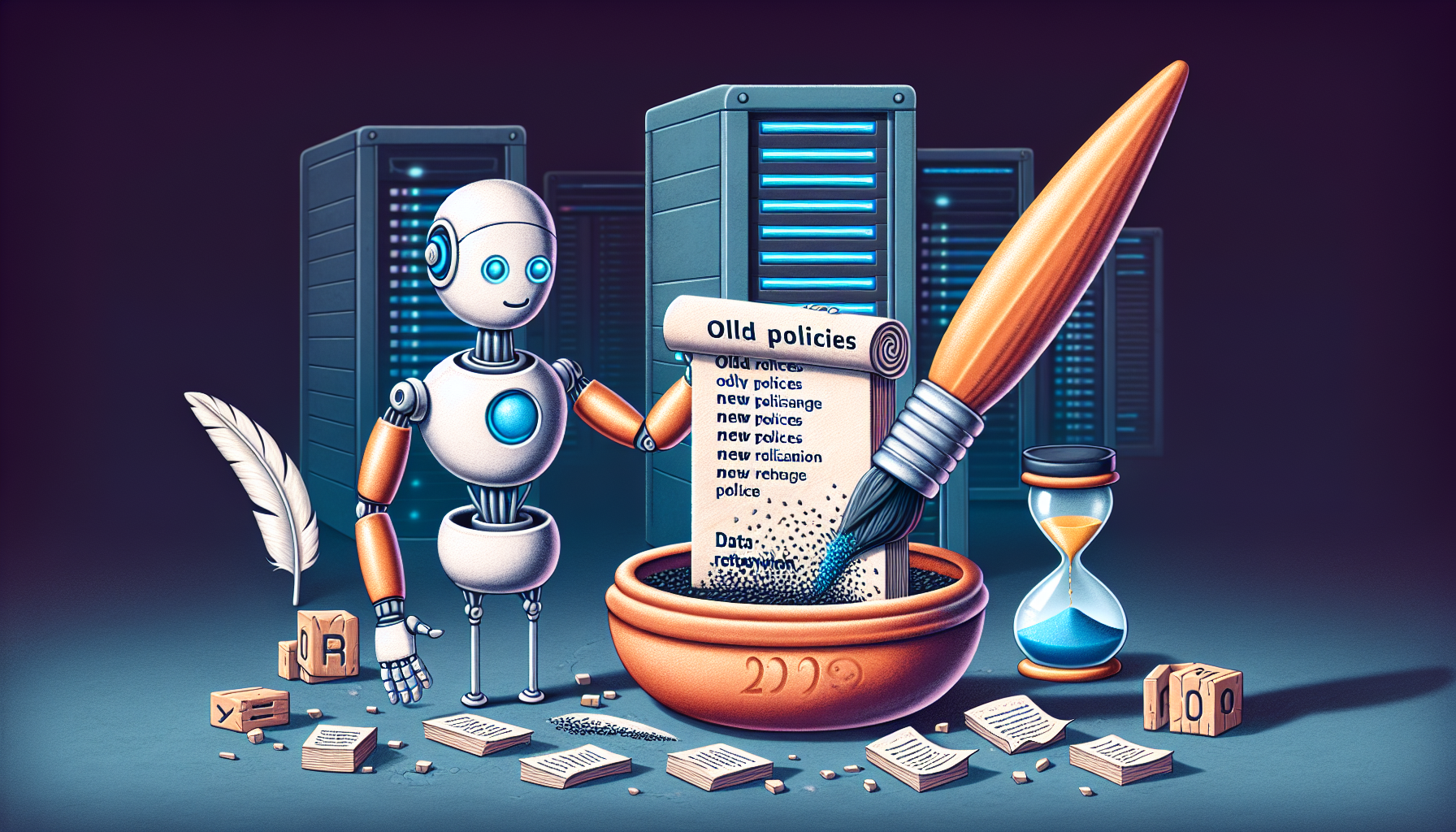
OpenAI’s Legal Struggle: A New Phase in AI and Copyright
The Lift of the Preservation Order
In a notable legal update, OpenAI has been released from a preservation order that required the perpetual retention of its ChatGPT data. This ruling, issued by Federal Judge Ona T. Wang on October 9, represents a crucial point in the ongoing legal conflict between OpenAI and the New York Times (NYT). The initial order, established in May 2023, mandated OpenAI to maintain all chat records to aid an inquiry into alleged copyright violations.
The Roots of the Dispute
The legal confrontation commenced when the NYT charged OpenAI with utilizing its intellectual property for training AI models without proper compensation. This lawsuit underscores the broader concern regarding how AI firms acquire and make use of data, prompting debates about intellectual property rights in the contemporary digital landscape.
OpenAI’s Challenge and Privacy Issues
OpenAI contested the initial preservation order, claiming it was an “excessive demand” and threatened user privacy. The organization voiced apprehensions that holding extensive chat records could jeopardize the secrecy of user interactions, which is essential for fostering trust in AI technologies.
The Recent Judicial Ruling
The latest judicial ruling permits OpenAI to halt the preservation of chat records as of September 26, with the exception of particular data linked to flagged ChatGPT accounts. These accounts are still subject to examination as the NYT pursues its investigation. The decision offers some relief to OpenAI, though the company remains obligated to meet certain data retention standards.
Consequences for AI and Copyright Legislation
This case highlights the intricate relationship between AI development and copyright legislation. As AI technologies progress, the demand for explicit guidelines on data application and intellectual property grows increasingly critical. The resolution of this legal conflict could create significant precedents regarding how AI companies manage data and adhere to copyright regulations.
Conclusion
The lifting of the preservation order in the OpenAI case signifies a significant moment in the continuing dialogue surrounding AI and copyright. Although OpenAI has found some respite, the broader ramifications for AI data practices and intellectual property rights remain vital. As the NYT furthers its investigation, the tech sector and legal analysts will be closely monitoring for additional developments.
Q&A
Q1: What did the original preservation order entail?
A1: The original order mandated OpenAI to maintain all ChatGPT data to support the NYT in probing copyright infringement allegations.
Q2: What prompted OpenAI to challenge the preservation order?
A2: OpenAI contended that the order represented overreach and endangered user privacy.
Q3: What implications does the recent court ruling have for OpenAI?
A3: OpenAI is no longer required to preserve chat logs indefinitely, apart from certain flagged accounts.
Q4: In what way does this case influence AI and copyright legislation?
A4: It emphasizes the urgent need for clearer guidelines regarding data usage and intellectual property rights within AI development.
Q5: What are the larger implications of this legal dispute?
A5: The case could establish precedents for how AI firms manage data and observe copyright regulations.